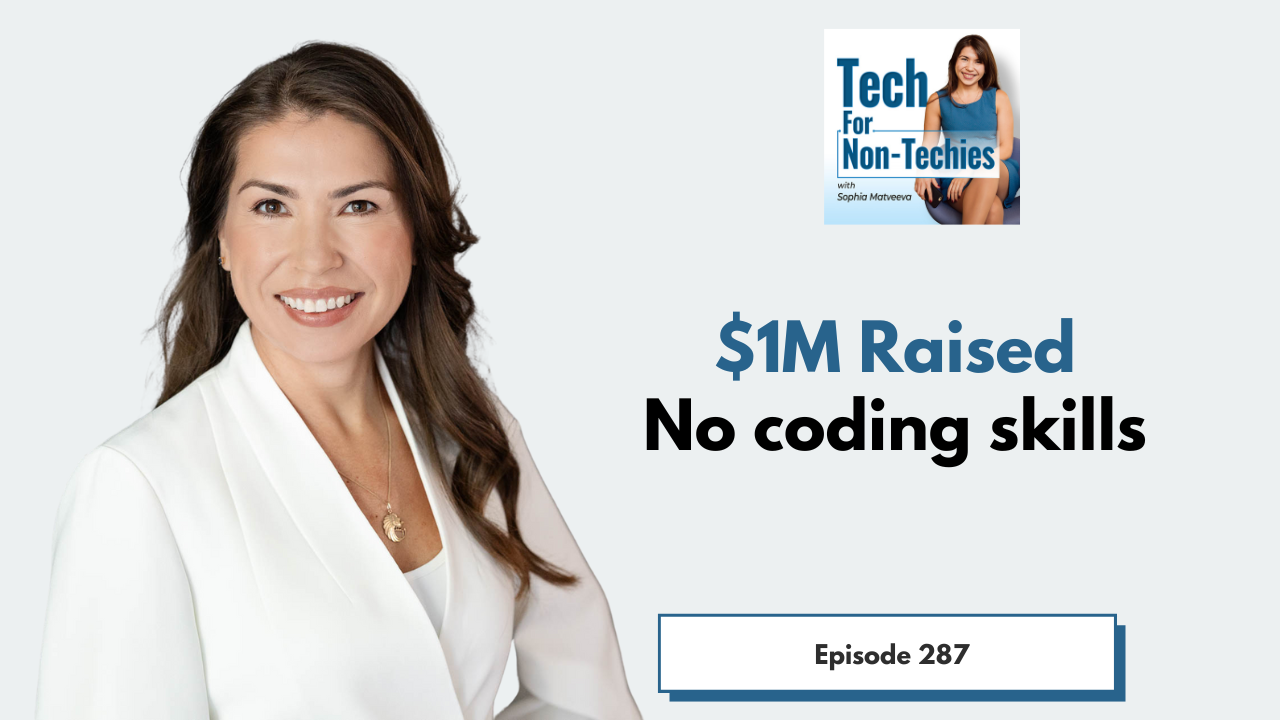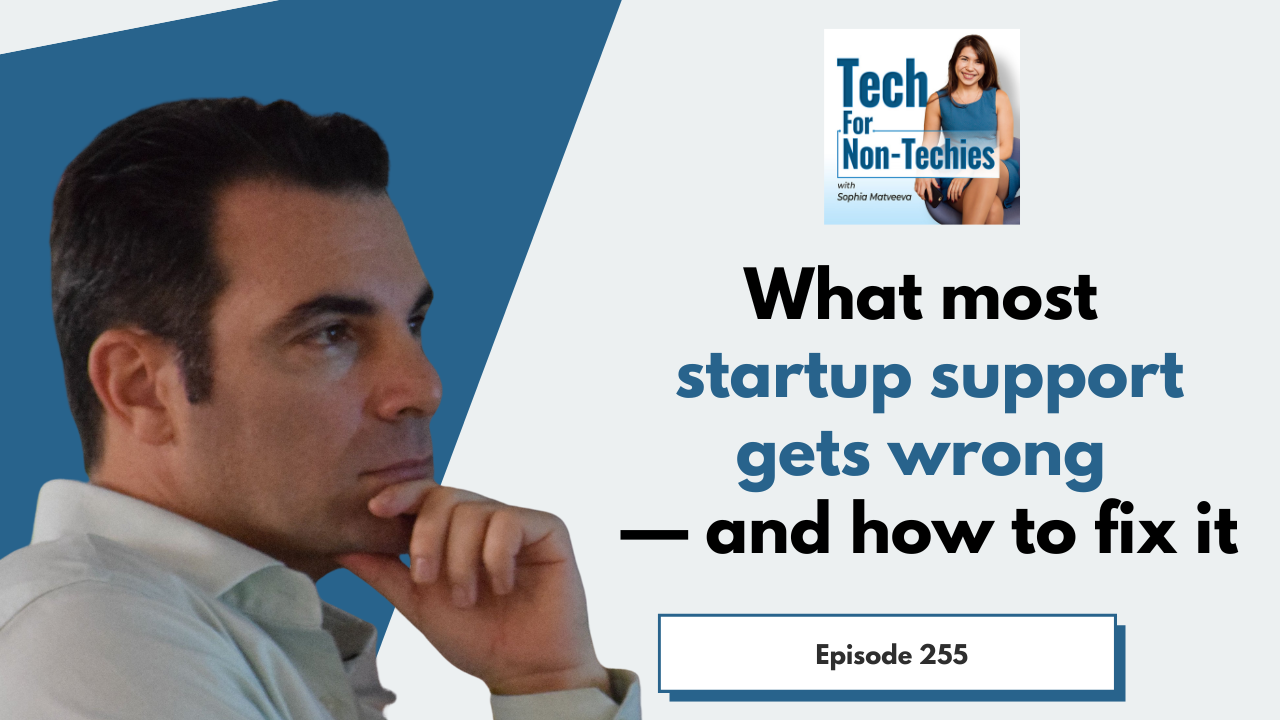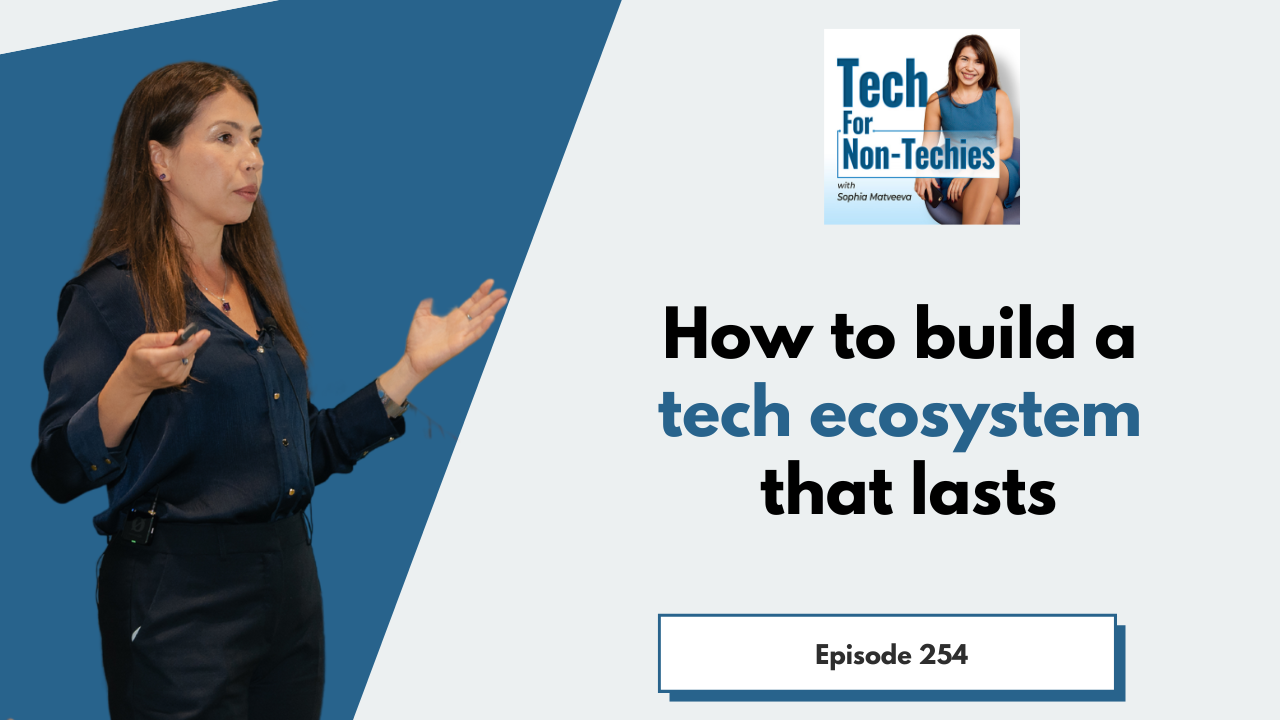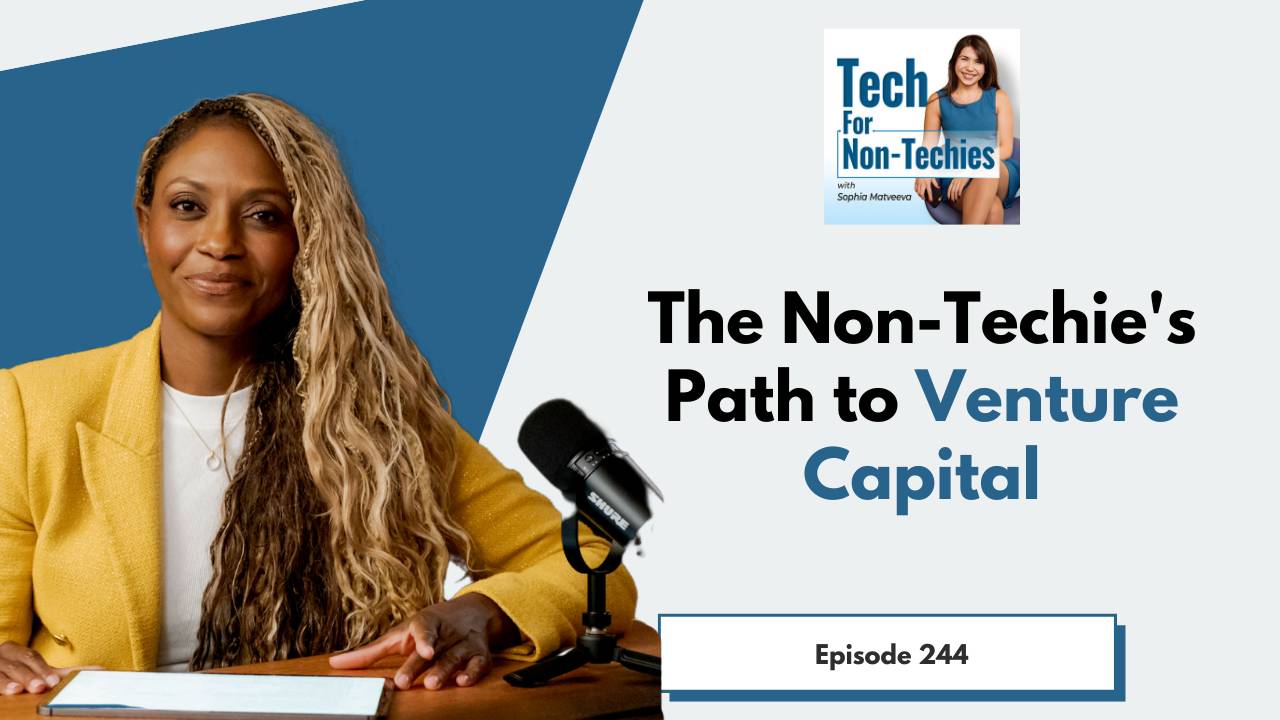It is harder to raise funding as a non-technical founder as a non-technical one.
Some of this is silly stigma, but some of it is reasonable risk awareness.
Investors aren’t worried that you can’t code.
They are worried you’ll burn through their money because you don't know how to get a tech ...
From accelerators to corporate venture capital, most startup support structures fail to deliver. Investor and entrepreneur Andrew Ackerman explains why — and what founders and corporates should do instead.
With over 70 investments and hundreds of founders mentored, Andrew brings rare perspect...
What does it really take to build a tech ecosystem that endures — beyond PR launches and startup grants?
In this episode, Sophia Matveeva shares hard-won insights from working with governments, corporates, and investors on the frontlines of global digital transformation.
Whether you’re funding...
If you're a non-technical founder or corporate innovator, you've likely heard the myth: venture capital is exclusively for bankers or coders.
Promise Phelon shatters this misconception completely.
In this episode, Promise shares how she used her experience as a non-technical founder to become a...
What’s good for Big Tech isn’t always good for Little Tech, and vice versa.
In this episode, we’re breaking down the key differences between these two worlds and what they mean for you.
Listen to learn:
-
Which Big Tech lessons don't apply in Little Tech and vice versa.
-
The unique adva
...
Think AI is just about adding chatbots to your business?
Think again.
In 2024, AI has completely transformed who can build tech companies and how they're funded - but there's also dangerous hype that's already landing companies in legal trouble.
We're in what economists call 'The Middle Times ...
There is a gap between when a technology gets invented, and its wide adaption.
In this gap, is exactly where the best opportunities lie.
Listen to this episode to learn why we are in the time of opportunity, and how to make the most of it.
You will learn:
- What the path that electricity took fr ...
Did you know that 90% of the internet depends on free licenses from open source software?
But what happens when those licenses stop being free?
Listen to this episode to find out.
You will learn from Paula Paul, Founder and Distinguished Engineer at Greyshore, who also serves also serves on the b...
10 years ago Silicon Valley venture capitalist Aileen Lee coined the term "unicorn" to describe a young company valued at over $1 billion.
Back in 2013, there were just 39 unicorns in the US, and Lee's team researched what they did and who ran them. This list informed much of how we thought of suc...
Tech companies have changed the stock market and the economy. But, to be a Smart Money investor, what do you really need to know about tech?
Listen to this interview with Richard Kramer to find out.
Richard is a renowned stock market analyst and founder of Arete Research, an independent equity res...
ChatGPT has popularized deep tech, but most people don't really know what it is or how it differs from standard software innovation.
Don't be most people.
This episode will demystify deep tech investing and show you why smart VCs never really take any technological risk (even in the most frontier...
Technology has disrupted power dynamics, and led otherwise smart and rational people to suspend disbelief, lose control and destroy value.
To have a truly successful career, you need to understand power dynamics: when to hold on to control and when to cede it.
In this episode, you will hear:
- Ho ...















